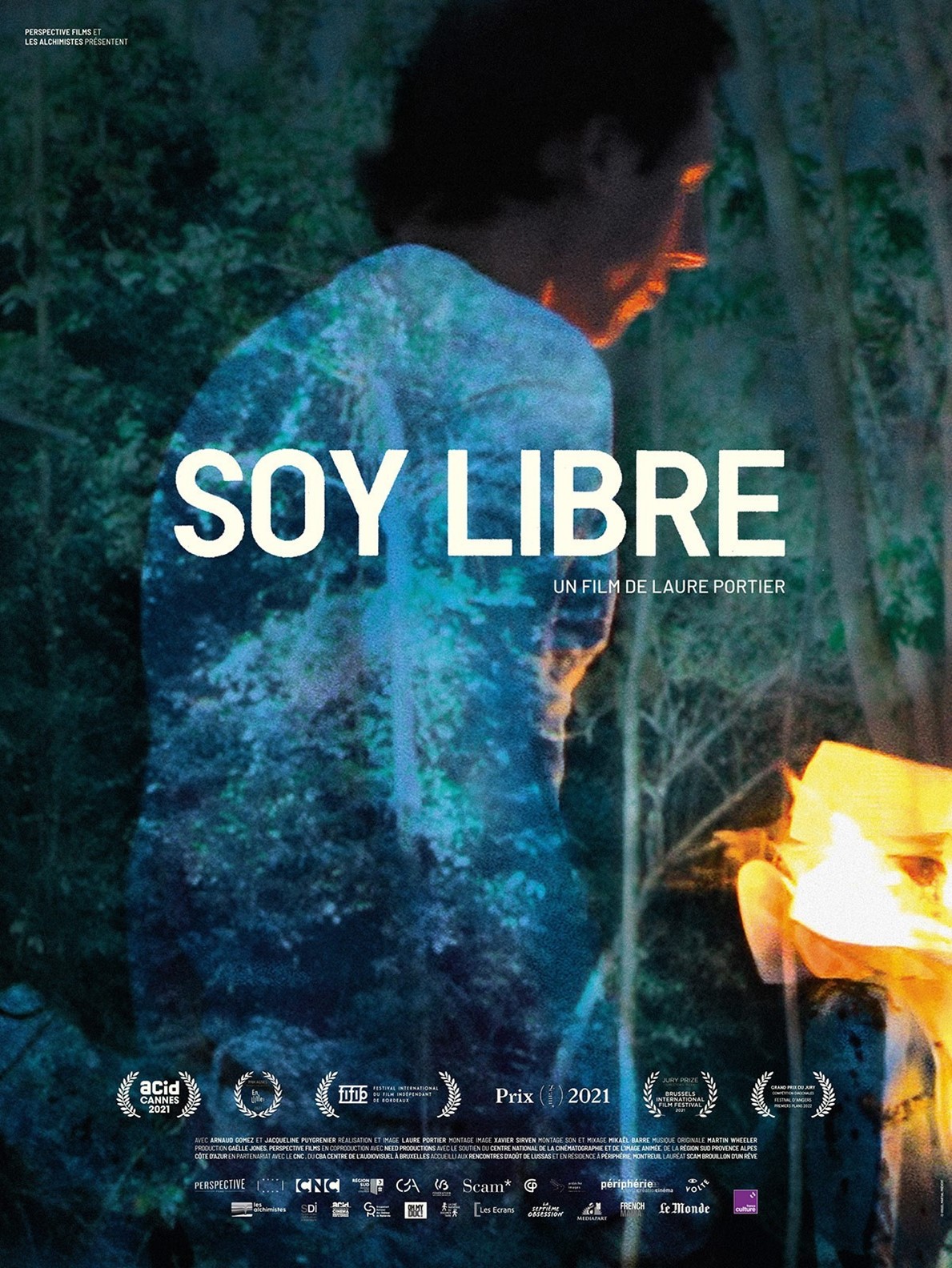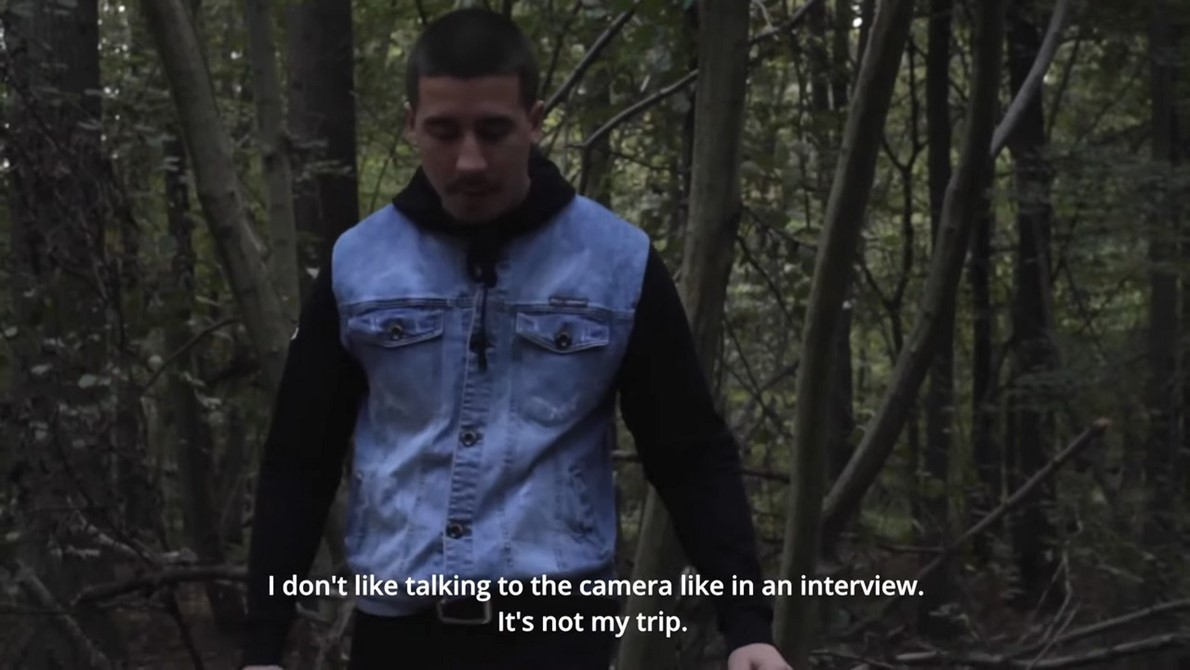Over 15 years, Laure Portier has filmed Arnaud, her brother. His peaceful
wanderings, his emotional outbursts and everything in between. The resulting
film is an intimate look at Arnaud, that truly makes you feel as if you
understand him.
اضافة اعلان
Soy Libre, was
screened as part of the International Documentaries section of the
Amman International Film Festival; it stands out in a striking way by turning
consciously, even stubbornly, around the bond uniting the filmmaker to her
little brother.
From the very first
shot of this feature film, captured from the backseat of a scooter driven by
Arnaud; the perspective clings to him. Soy libre imposes itself on the
siblings’ relationship and serves as a test of the point of view associated
with two beings who undoubtedly love each other.

You have to love
your brother desperately to commit to a documentary, which, if we are to
believe in the beginning, has no chance of ever being aired.
Portier is very
present with her sensual and psychological perspective that reveals much about
her own childhood, the absence of her father, the psychiatric illness of her
mother and the resentment towards her troubled brother, Arnaud. The way she
portrays his image testifies to her immeasurable love for Arnaud who will soon
be judged. He knows he is going to be doomed, but the loss of freedom that
occurs is the result of a childhood where love failed.
It is a film that
literally carries the viewer away in a flood of emotions. Through a rebellious
teenager who cries as much as he breaks the law, we sense the success of a
woman who has overcome the difficulties in the cinematic arts.
While Arnaud
disposes of his identity by trying to flee from France to Spain and then Peru,
the director reconstructs the path of rupture that many children experience
when taken in by social assistance. She talks about the failure of a system
that does not always know how to listen to children, to welcome them earnestly
and to their needs and their suffering. She speaks of her redemptive journey
through letters, and the cinema, while her brother flounders trying to save
himself by fleeing. Sitting behind his back, on the seat of the scooter, she
follows all his movements.
The film is transformed into a sort of emotional crutch, the director finding herself in the position of artist, educator and accomplice in the crimes Arnaud commits.
The film is
interspersed with drawings of the central character, which, in a somewhat naive
style, helps us understand the passage of weeks and months in an expedited
manner. Each time, they question Arnaud’s relationship with freedom, while
showing him change.
The film is
transformed into a sort of emotional crutch, the director finding herself in
the position of artist, educator and accomplice in the crimes Arnaud commits.
The documentary has
all the sociological clichés of delinquency. It shows what leads boys to give
in to the temptation of impropriety. At the same time, Portier absolutely
avoids misery or condemnation. She accompanies the journey of this lost kid,
offering him a precious space for words and emotions.
Arnaud knows a lot
about stereotypes, having taken on heavy ones during his abusive childhood, to
the point of being a prisoner of them. Those stereotypes of the bad boy rolling
mechanic, and as a suburban delinquent destined to cause trouble until he ends
up at Baumettes prison.
“How do you get rid
of a dirty image,” asks Portier? The assumptions that fell on him, conditioned
who he became.

Portier said she did
not make Soy libre “for Arnaud, but to be with him, engaged with him in a
common project”.
In terms of
documentaries, a distinction is often made between filmmakers and the subject.
Soy libre resolutely refuses this distinction. The siblings are ready to
welcome the spectator without any embarrassment in what is, in this case, much
more than a simple family film: an authentic work of cinema.
Read more Reviews
Jordan News



